Bitumen extracted from oil or special minerals is called pure bitumen, which is classified according to the origin of the formation. High grade bitumen is also subjected to other processes to find the desired properties for different applications and forms different types of bitumen, including blown bitumen, soluble bitumen, emulsion bitumen, polymer bitumen and so on. Bitumen is commonly used in both road construction and insulation. About 90% of the bitumen produced is used in the field of road construction and insulation costs account for only 10% of the bitumen consumption. For more information about High grade bitumen Wholesale production, visit our site.
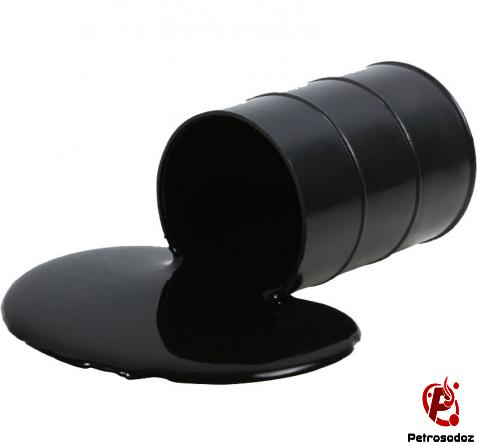
What are the types of bitumen?
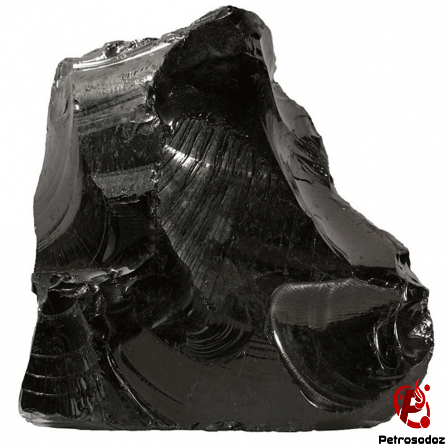
Bitumen extracted from oil or special minerals is called pure bitumen, which is classified according to the origin of the formation. Pure bitumens are also subjected to other processes to find the desired properties for different applications and form different types of bitumen (including blown bitumen, soluble bitumen, emulsion bitumen, polymer bitumen, etc.).
Petroleum bitumen and natural bitumen
Bitumen is usually obtained by distilling crude oil. Such bitumen is called petroleum bitumen or distilled bitumen. [3] Petroleum bitumen is the product of two stages of crude oil distillation in the distillation tower. In the first stage of distillation, light materials such as gasoline and propane are separated from crude oil. This process takes place at a pressure close to atmospheric pressure. In the second stage, heavy compounds such as diesel and kerosene are extracted. This process takes place at a pressure close to vacuum. Eventually a mixture of very fine solid particles called asphaltene remains, which is immersed in a grease-like fluid called malton.
However, some types of bitumen are obtained in nature due to the gradual conversion of crude oil and the evaporation of its volatiles over many years. Such bitumen is called natural bitumen and it is more durable than oil bitumens. Such bitumen may exist in pure form in nature (lake bitumen), such as Behbahan bitumen lake in Iran and Tirinidad bitumen lake in the United States, or it is mined (mineral bitumen). Bitumen is also known as Uintaite.
Bitumen blown
Blowed bitumen is obtained by blowing hot air into pure bitumen in the final stage of purification. In this process, hot air at a temperature of 200 to 300 ° C is blown into the bitumen chamber by perforated pipes. As a result of this process, the hydrogen atoms in the molecules of bitumen hydrocarbons combine with the oxygen in the air, and by the formation of water, the polymerization takes place. Blown bitumen has a lower degree of penetration than pure bitumen, has a higher degree of softness and is less sensitive to temperature changes. This type of bitumen is mostly used in making roofing sheets, car batteries and plating. The abbreviation for blown bitumen is R. For example, 80/25 R bitumen means blown bitumen with a degree of softness of 80 and a degree of penetration of 25.
Mixed or dissolved bitumen
Mixed bitumen is a mixture of bitumen and a suitable solvent (eg kerosene or gasoline). This bitumen is liquid at room temperature or liquefies with low heat. Mixed bitumen is used in various types of paving and macadam asphalts. The setting or hardening rate of this type of bitumen depends on the type of solution. For example, due to the high rate of evaporation of gasoline, the bitumen dissolved in gasoline hardens faster. This bitumen is called hardening bitumen (RC). Bitumens dissolved in oil are also called retarder (MC) bitumen, and bitumen that dissolves in gas oil or furnace oil is called retardant oil (SC). Soluble bitumens are graded based on their degree of viscosity.
Emulsion bitumen
Emulsion bitumen is obtained by mixing bitumen and water and an emulsifier. The amount of very low emulsion material is about 0.3 to 0.5% by weight of bitumen. The amount of water used in this type of bitumen is about 30 to 50% of the weight of the bitumen. The emulsifier is usually an alkaline salt of organic acids or ammonium salts that cause bitumen particles to be charged. In this way, the bitumen particles repel each other due to the induced load and float in water in the form of spheres with a diameter of one hundredth to one-thousandth of a millimeter. The use of this type of bitumen reduces environmental pollution and because no oil or flammable solvents are used, the risk of ignition during bitumen transportation is reduced. Emulsion bitumen is used for cold asphalt in wet environments or for insulation, in which case water must be added again and its content must be reduced to about 65%.
Application
Bitumen is commonly used in both road construction and insulation. About 90% of the bitumen produced is used in road construction, and insulation costs account for only 10% of the bitumen consumption.
Insulation: Bitumen is commonly used to insulate roofs and bathroom floors. Usually, in order to stabilize the bitumen, it is used together with a sack called bitumen. Sack fibers act as a reinforcing bitumen and stabilize the bitumen in place. Also, products such as bitumen cardboard or bitumen felt, which are offered under brand names such as isogam, etc., have a similar application to bitumen. Blockage or macadam is used to prevent soil moisture from penetrating the floor of the building.
Bulk production of bitumen in 2020
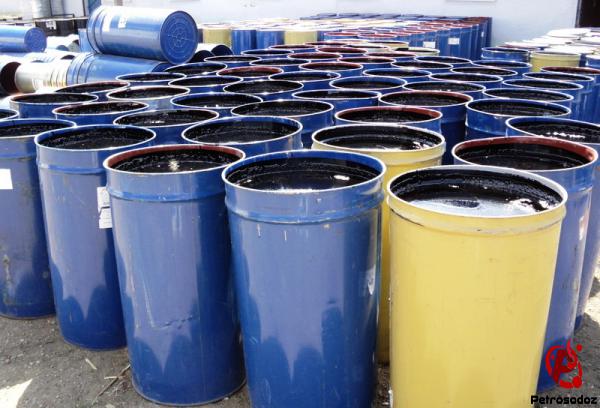
Bitumen is commonly used to insulate roofs and floors in bathrooms bitumen uses. Sack fibers act as a reinforcing bitumen and stabilize the bitumen in place. Also, products such as bitumen cardboard or bitumen felt that are offered under brand names such as isogum and have a similar application to bitumen. Blockage or macadam is used to prevent soil moisture from penetrating the floor of the building. For more information about Bulk production of bitumen in 2020, visit our website.

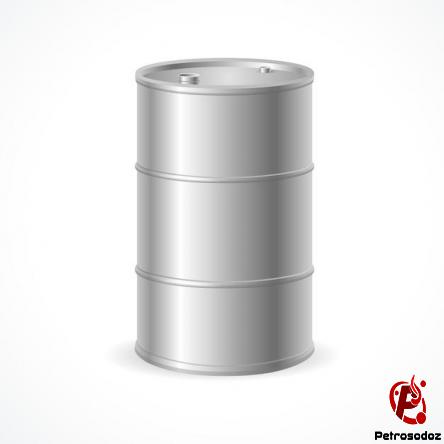
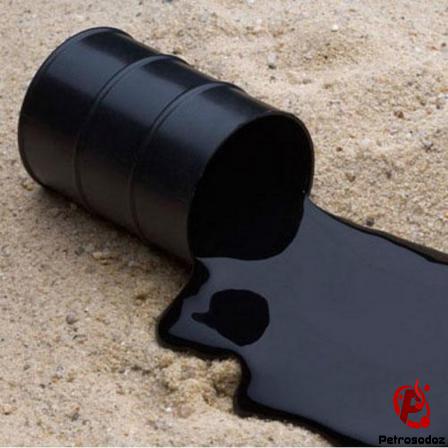
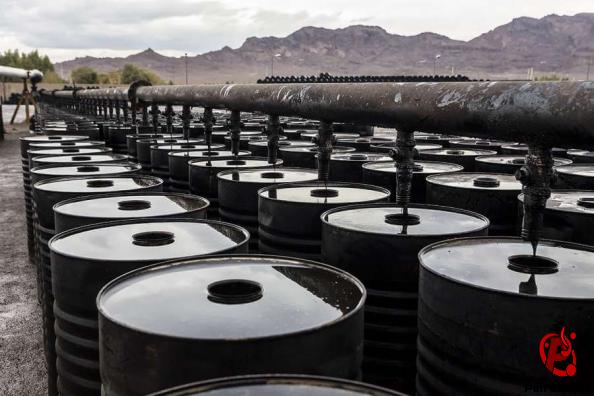
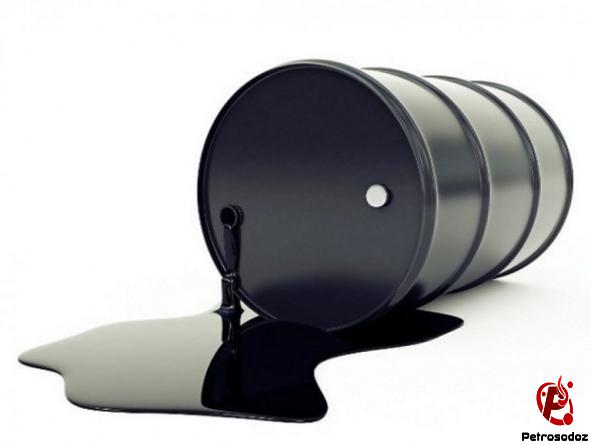

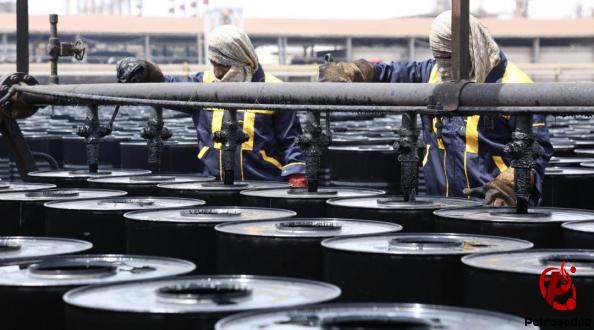
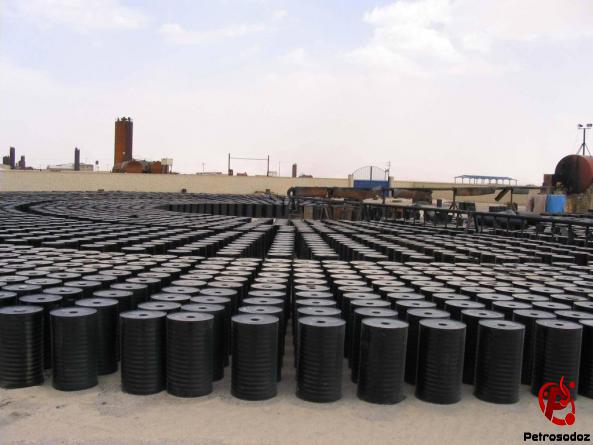
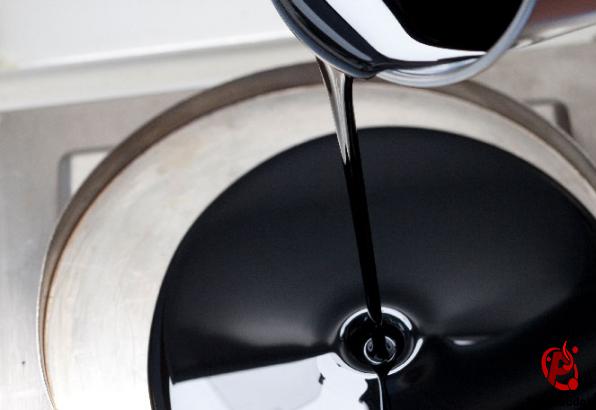
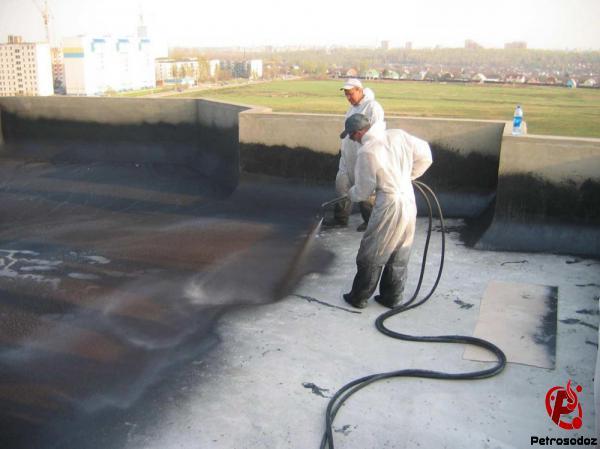
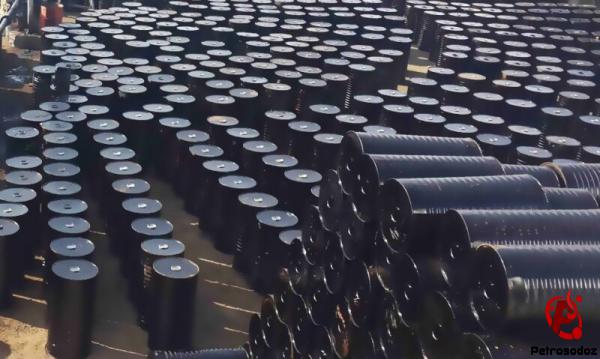
Your comment submitted.